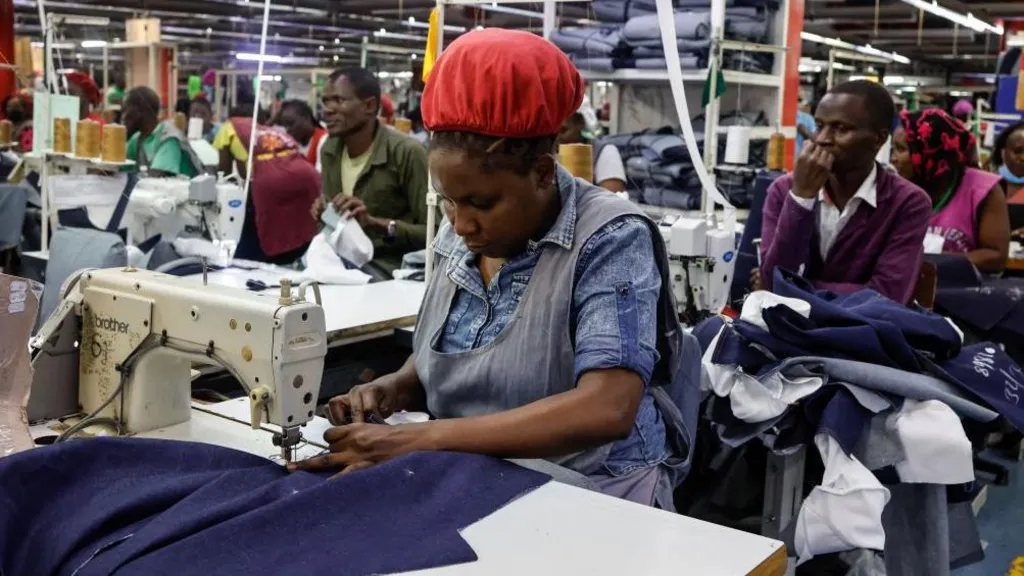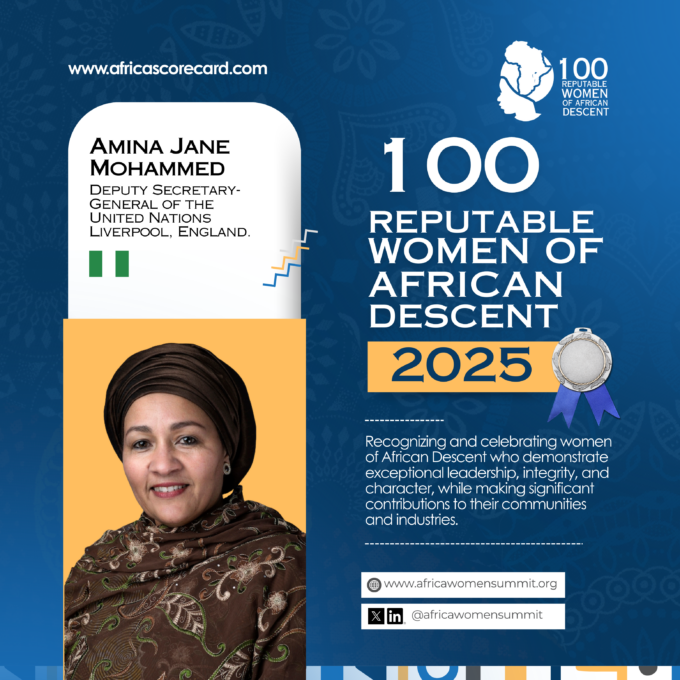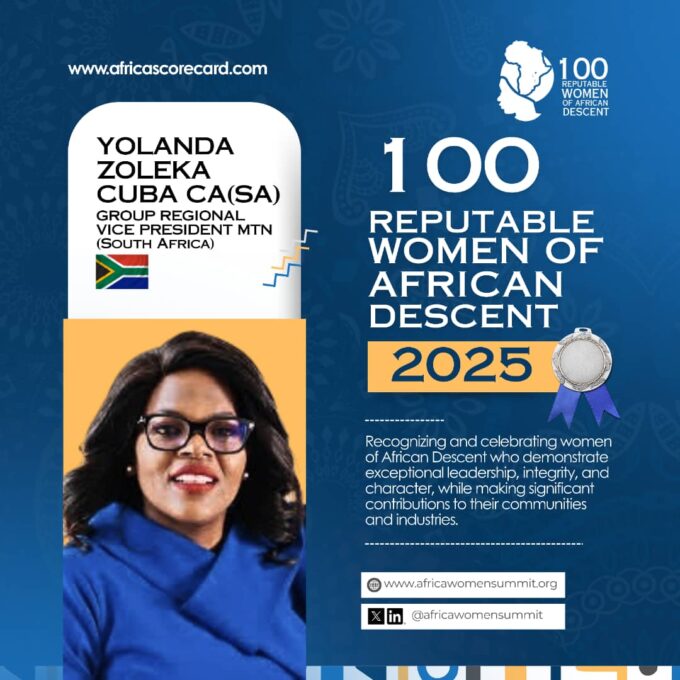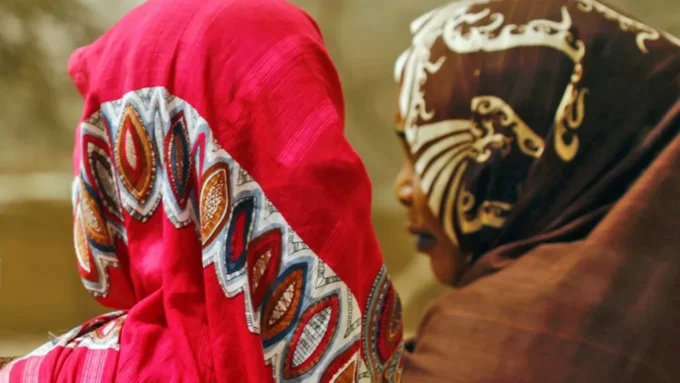The announcement of a 50% import tariff by President Donald Trump has left many in Lesotho’s textile sector facing an uncertain future. The small southern African country, a major beneficiary of the African Growth and Opportunity Act (AGOA), is reeling from the news that its exports to the United States could be severely impacted by the new tariffs.
Teboho Kobeli, the founder of Afri-Expo Textiles, which employs 2,000 people, expressed his distress over the potential consequences. With a large portion of Lesotho’s garment exports heading to the U.S., the introduction of such high tariffs could result in significant price hikes, potentially pushing many businesses out of the market.
AGOA, a U.S. trade program established 25 years ago, has been a cornerstone of economic relations between Africa and the U.S. The legislation aimed to foster industrialization, job creation, and poverty alleviation in African nations by providing duty-free access to American markets for certain goods. While the overall impact of AGOA is debated, it has undoubtedly helped create thousands of jobs, particularly in the textiles sector.
Despite AGOA’s apparent benefits, the new tariffs—ranging from 10% for some countries like Kenya and Ghana, to 50% for Lesotho—pose a direct challenge to the trade agreement’s viability. This raises the question of whether AGOA’s preferential access will be nullified by these new tariffs.
Countries like South Africa, which exports metals and cars to the U.S., have already voiced concerns, suggesting that the new tariffs might effectively end AGOA. On the other hand, Kenya’s government has expressed optimism, arguing that the 10% tariff will still allow its manufacturers to maintain a competitive edge in the U.S. market, at least for now.
But the future of AGOA, particularly beyond its current expiration date in September 2025, is uncertain. The trade preferences granted by the law were designed to encourage free-market reforms and political pluralism in African nations. In 2023, U.S.-Africa trade under AGOA reached $47.5 billion, with the U.S. importing $29.3 billion from African countries. Lesotho, despite its smaller size, has become a significant exporter of garments to the U.S., with major American brands like Walmart and GAP sourcing products from the country.
However, without AGOA, Lesotho and other African nations could face serious challenges. Former Kenyan trade minister Mukhisa Kituyi warned that a 50% tariff could sound the death knell for Lesotho’s garment industry, which relies heavily on duty-free access to U.S. markets. A World Bank report from 2018 modeled the impact of losing AGOA privileges and projected a 1% reduction in Lesotho’s GDP, with far-reaching consequences for the country’s welfare.
While some believe that countries like Kenya, which are affected less severely, could still negotiate with U.S. importers to absorb the new tariffs, the broader trend of protectionism under the Trump administration is casting doubt on the future of multilateral trade agreements like AGOA.
Critics, such as Michelle Gavin of the Council on Foreign Relations, argue that the new tariff policy lacks a coherent strategy and risks undermining U.S. influence in Africa. China, already Africa’s largest trading partner, could capitalize on the situation, further increasing its presence on the continent.
The impact of these tariffs is not just an economic one; it reflects a broader shift in U.S. foreign policy, which could isolate the U.S. from the increasingly important African market. With the Trump administration cutting back on foreign aid and adopting more inward-looking policies, the loss of AGOA’s benefits could severely damage relations between the U.S. and Africa, while giving China an opportunity to expand its influence.














Leave a comment